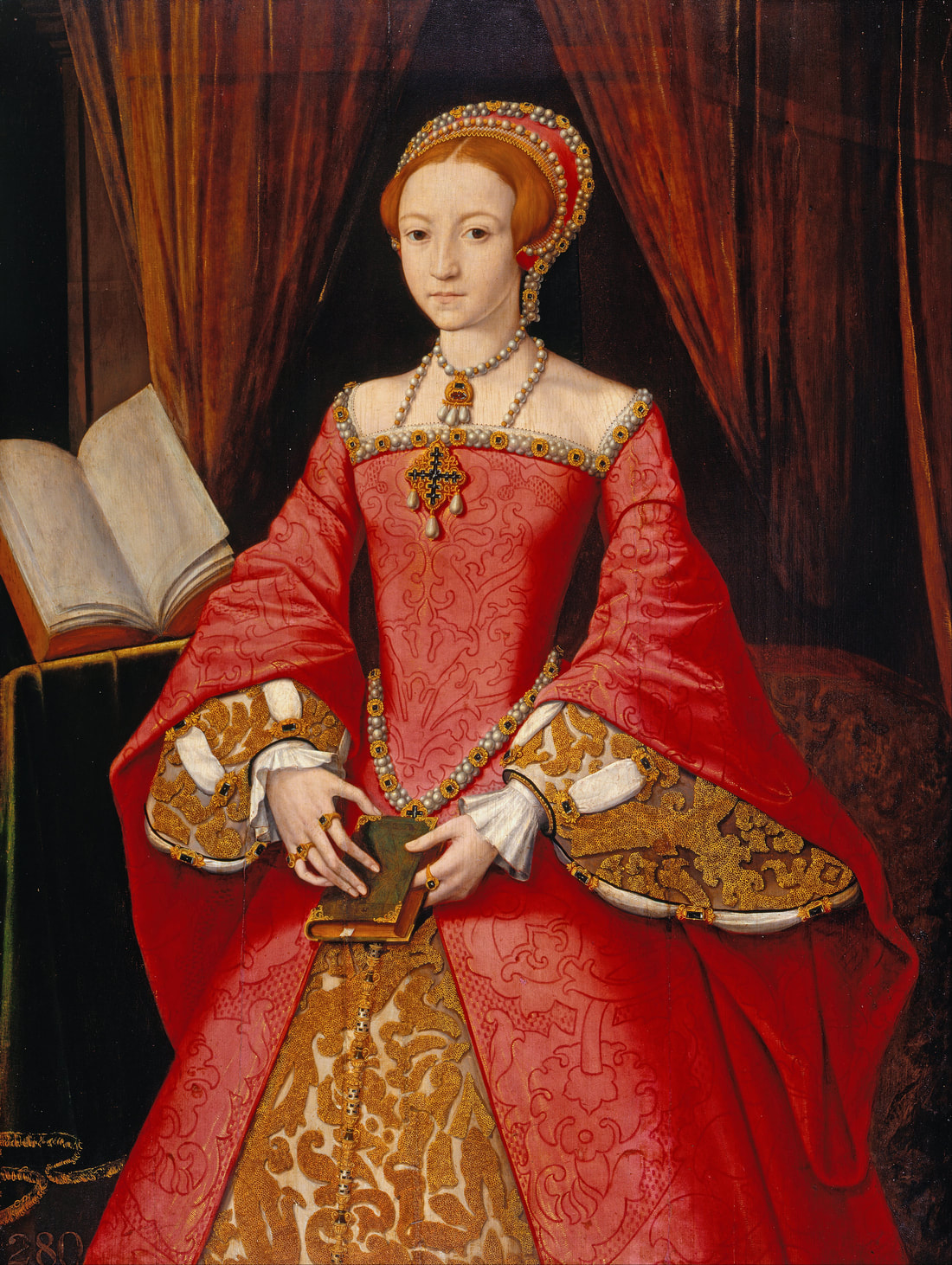|
I can do the science bit, but the others are all a bit distant. I know a few key verses of the bible but I can hardly claim to be able to quote chapter and verse on command. My sword-fighting experience is limited to a couple of goes with a light sabre (not a real one, just in case anyone was wondering) on the roof of my university halls, and a B&M Bargains foam effort that was the best pound I've ever spent. Horses take one look at me and laugh, and I've never even approached a drawing that looked like the thing I was trying to draw. To be fair, I can do a bit of music, but only a bit, and then it's all of the very rustic persuasion. Actually, I'll claim something a bit more highbrow, which is that the music I can do is more on the Dionysian, punk end of the scale than the beautifully constructed Apollo end of it. Highbrow in the one sense, not in the other. So it should come as no surprise that, at times, I give my characters abilities that I want but do not possess, or show a skill that is just interesting. Strelley is a capable draughtsman and has a gift for languages, Longshawe is a consummate swordsman, Pike can hit just about anything with his long gun. They are the renaissance as embodied by the mid-sixteenth century gentle(ish)man. Because they are invented characters, they can have these skills without really having to work at them (or, more pertinently, the work can go on behind the scenes, and there's no effort on my part!). I do spend quite a bit of time trying to work out what the real historical characters were like and what they could do, though. That's part of the context, I suppose, part of the 'world', even though the story itself doesn't always rely on it and I could probably get away with knowing a lot less and still appear just as ignorant. I know my characters. But I am, it is fair to say, over-stocked with 'stuff', to the extent that I could write a book from memory about the events of 1545 - 1554, and only miss out the odd dull bit. One thing that is quite challenging is the physical descriptions, though. What do you say about someone such as Henry VIII or Elizabeth? Everyone knows what they look like (even if everyone's mental image of them is rather different!), so you can't directly contradict that. It would be authorial judgement of the most unnecessary kind to write that one of the characters is repulsive, or beautiful, unless that comes straight from the mouth of another of those characters. But the portraiture is limited, at best, as a clue to the actual appearance of the people. Elizabeth's image is so heavily manipulated (mainly by herself) in the later years of her life that you barely get a sense of who she is at all, until the Corsham Court portrait that adorns the cover of Lisa Hilton's biography. And then, she's a very different woman to the teenager that I'm trying to write about now. These are doubtless important historical documents, in that they tell us all sorts about the world and the way these people portray themselves, but they aren't about what they looked like. Readers of the book will no doubt be aware of the fact that this early portrait of Elizabeth around the age of 13 or 14 is the cover image of Heaven's Avenging Angels, but it's worth a look anyway. Half of the challenge of writing about these real historical characters is to resist the temptation to simply co-opt them to whatever story you want to write, and bend them to the narrative will. Elizabeth is about as good an example as I can think of for a real person who has refused at just about every turn to cooperate with the original plan, who has thrown up challenge after challenge to make her seem real and believable on the page. I suppose when you pick a historical character where there is so much well-trodden ground, where it has been picked over by the professionals, the amateurs, the novelists (sometimes one person is all three!), you will always find someone to back you and someone to contradict. I never found Elizabeth's supposed affair with Thomas Seymour (resulting in a miscarried pregnancy in at least one historical novel) that convincing, but there is enough evidence for it to make it a fair choice for the historical novelist. I have muddied the waters with the addition of Edward Strelley to her teenage years, but other than that, there is little that I couldn't back with some conviction. Anyway, all of this was something of a roundabout way of getting to the point that 'Renaissance Prince' isn't a bad title for Elizabeth, and although she probably couldn't claim to be able to paint or fight with a sword, she wouldn't have fared too badly as an all-round renaissance (wo)man.
"She thinks I'm the renaissance. She thinks I'm a reclusive genius. She'll be upset when she finds out I'm a reclusive wanker." Leave a Reply. |
Andy RichardsonWhen to the sessions of sweet silent thought Archives
March 2022
|

 RSS Feed
RSS Feed